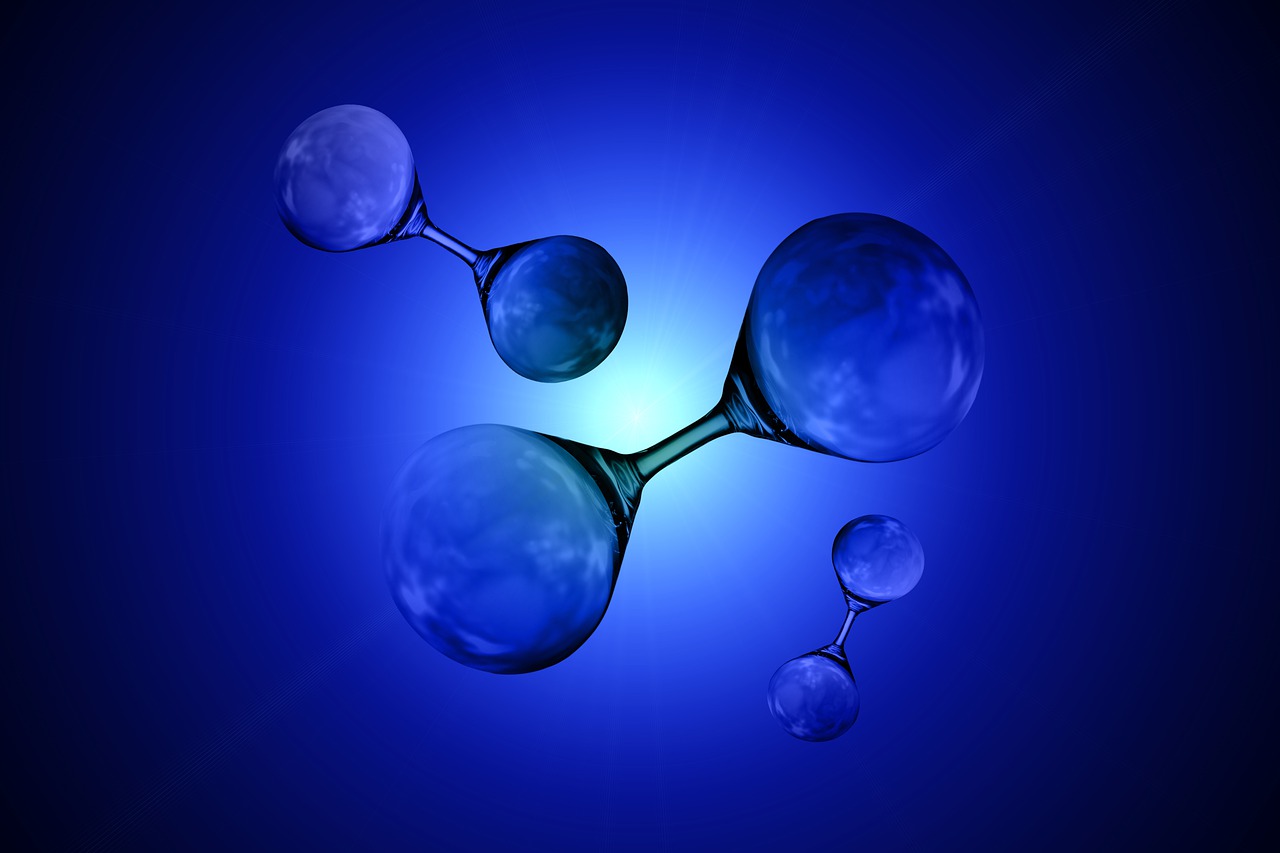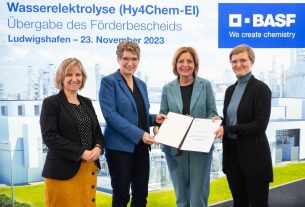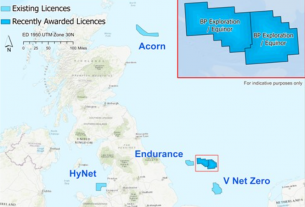Finland – Nestled within the Neste Veturi ecosystem, a groundbreaking three-year E-Fuel research project has reached its culmination, proving the immense potential of renewable hydrogen and carbon capture (CCU) in decarbonizing transportation.
This collaborative effort, funded by Business Finland and involving 15 consortium partners, has paved the way for clean, low-emission e-fuels, particularly impactful in sectors like aviation and marine where electrification hurdles remain.
The project’s core lies in high-temperature electrolysis (SOEC) technology, which efficiently splits water molecules using green electricity to generate pure hydrogen. This renewable hydrogen, coupled with captured CO2 emissions, undergoes hydrocarbon synthesis, effectively transforming waste carbon into valuable fuel precursors. These precursors were then refined by Neste, primarily into carbon-neutral synthetic e-diesel, demonstrating the scalability and feasibility of the process.
Carbon-neutral fuels
The project didn’t just generate promising data; it yielded hundreds of kilograms of synthetic hydrocarbons, a testament to the technology’s readiness for larger-scale production. This e-diesel, tested in a tractor engine, burned cleaner than any fossil or renewable diesel currently available, further solidifying its environmental credentials.
The implications of this breakthrough extend far beyond tailpipe emissions. E-fuels offer a critical pathway to expand the pool of carbon-neutral transportation fuels beyond biomass-based options. For aviation, especially, where battery limitations persist, e-fuels represent a game-changer, enabling sustainable flight without compromising existing infrastructure.




